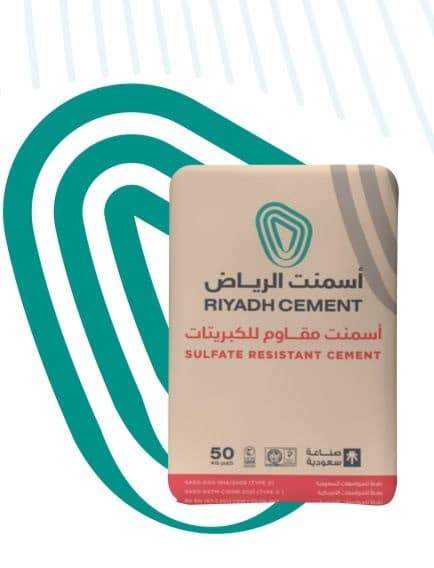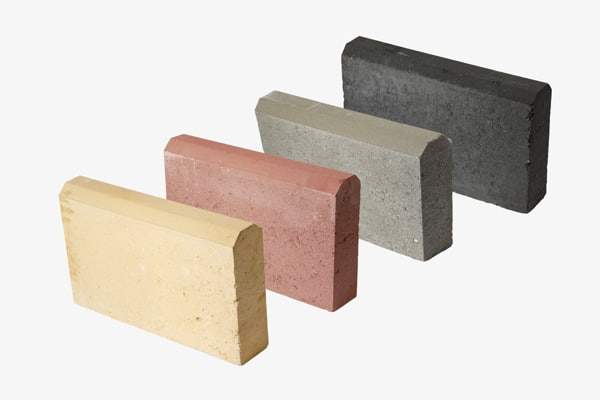Riyadh Sulfate-Resistant Cement
Overview
Riyadh Sulfate-Resistant Cement is a specialized cement designed for use in environments exposed to high sulfate concentrations. This type of cement provides enhanced durability and strength, making it ideal for infrastructure projects, foundations, and environments with aggressive soil or water conditions.
Why You Should Use It?
- High Sulfate Resistance: Protects structures from sulfate-induced deterioration.
- Enhanced Durability: Provides long-lasting performance in harsh conditions.
- Low Heat of Hydration: Reduces thermal cracking in large concrete pours.
- Versatile Applications: Suitable for foundations, bridges, and marine structures.
Key Features
| Property | Description |
|---|---|
| Type | Sulfate-Resistant Cement |
| Main Composition | Clinker, gypsum, and low C3A content |
| Compressive Strength | High |
| Resistance | Sulfate and aggressive environmental resistance |
| Application Areas | Foundations, underground structures, marine construction |
| Packaging | 50 kg bags |
Uses
- Infrastructure Projects: Ideal for bridges, dams, and tunnels.
- Marine Construction: Used in ports, docks, and water treatment plants.
- Foundations: Essential for buildings in sulfate-rich soils.
Density and Composition
| Property | Value |
|---|---|
| Density | 3.15 g/cm³ |
| Sulfate Resistance | High |
Application Steps
- Site Preparation: Ensure the work area is clean and moisture levels are controlled.
- Mixing: Combine with aggregates and water according to design requirements.
- Pouring & Curing: Place the mix and allow for proper curing to enhance durability.
- Quality Control: Conduct strength and durability tests as required.
Case Studies
- Bridges and Highways: Used in major roadway projects for durability against sulfates.
- Coastal Buildings: Applied in hotels and resorts near the sea for long-term stability.
Installation and Maintenance
- Installation: Follow recommended mixing ratios for optimal performance.
- Maintenance: Periodic inspections ensure continued strength and resistance.







